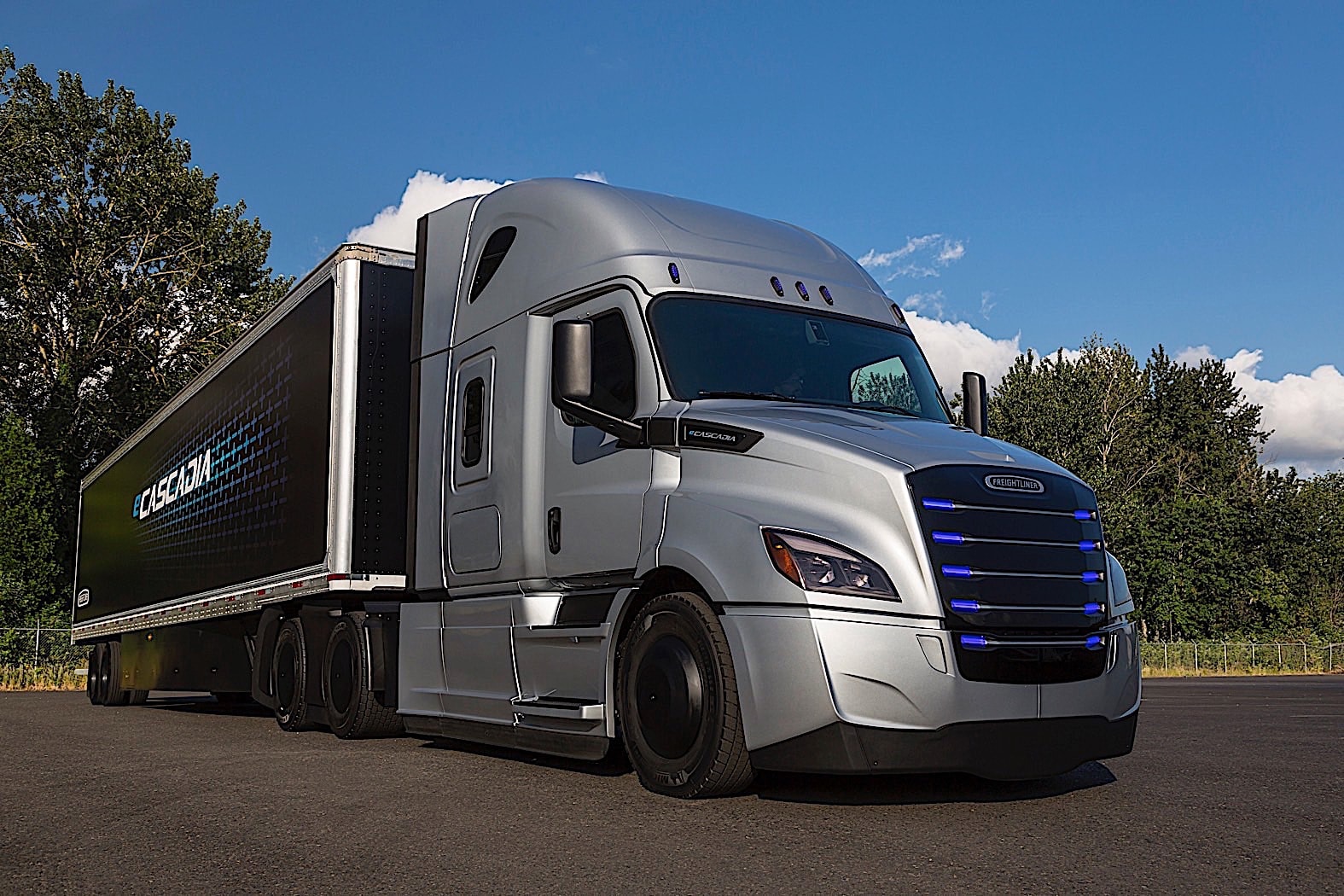Study Warns Electrifying Trucking in U.S. Could Cost as Much as $1 Trillion Burden to Consumers

These costs to electrify trucking would ultimately be passed down to consumers.
Trucks move nearly 73% of the nation's freight by volume, meaning many goods will be
impacted by the added expense of such a transition.
A new study by Roland Berger, a global consulting firm, estimates that it will cost over $1 trillion to build out the infrastructure needed to support electric medium and heavy-duty trucks. The study was funded by the Clean Freight Coalition, which includes a number of trucking industry groups.
Trucking fleets and operators of charging stations, according to the study, will need to invest $620 billion into new charging infrastructure. This includes the chargers, site infrastructure and utility cost service.
Trucking operators will also need to invest in on-site charging stations, which the study estimates will cost in total $496 billion. Chargers for heavy-duty trucks, such as semi trucks, will cost $145,000 per vehicle. Medium-duty trucks will cost $54,000 per vehicle.
The Environmental Protection Agency released its final tailpipe emission standards this month. While the rules don’t apply to heavy-duty vehicles, the EPA estimates that, to be in compliance with the standards, automakers will need to make 20% to 32% of the medium-duty vehicles they produce be electric. This includes vehicles like the popular Ford F-150 Lightning.
The Berger study also estimates that utilities will need to invest around $370 billion on grid upgrades to support the increased electricity demand for electric truck charging. This, according to the study, is the equivalent of what was invested on the entire distribution grid over the past 15 years.
Additionally, local on-route charging networks will require an investment of $69 billion, and to support long-haul trucking, a sufficiently dense highway charging network will require another $57 billion to be invested.
“Given the significant (and in some cases, prohibitive) investments required for electrification, there may be greater value in being open to alternative decarbonization routes, as opposed to being prescriptive on technology,” the study recommends.
The study also warns that without sufficient government and regulatory support, freight costs will likely increase, which are costs that will be passed onto the consumer.
Even if the funding for all this infrastructure could be found, it’s not clear the U.S. could produce enough electricity to power the charging stations.
A 2022 study by the American Research Institute (ATRI) estimated that electrification of all freight vehicles, including long-haul trucks, would require 14% of the current electricity generation in the United States. If all vehicles are added to that, such as passenger cars, the figure jumps to 40%.
The study noted other problems with such a transition, including the supply chains for the EV production lines and the charging infrastructure costs.
Anticipating California’s thirst to electrify all aspects of the transportation sector, the ATRI produced a study in December on the cost to California’s trucking industry to go full electric. The study concluded that, with the costs of the trucks, the needed infrastructure, and the state's sky-high electricity rates, consumers will ultimately pay a lot more for products to cover the expense.
According to the American Trucking Association, trucks move nearly 73% of the nation’s freight by weight. Should the trucking industry have to bear a lot of costs to electrify their fleets, prices for a wide range of goods will be impacted by the added costs of shipping.
Related Story
Biden is Trying to Force the Trucking Industry to go Electric With Outrageous New Regulations





















